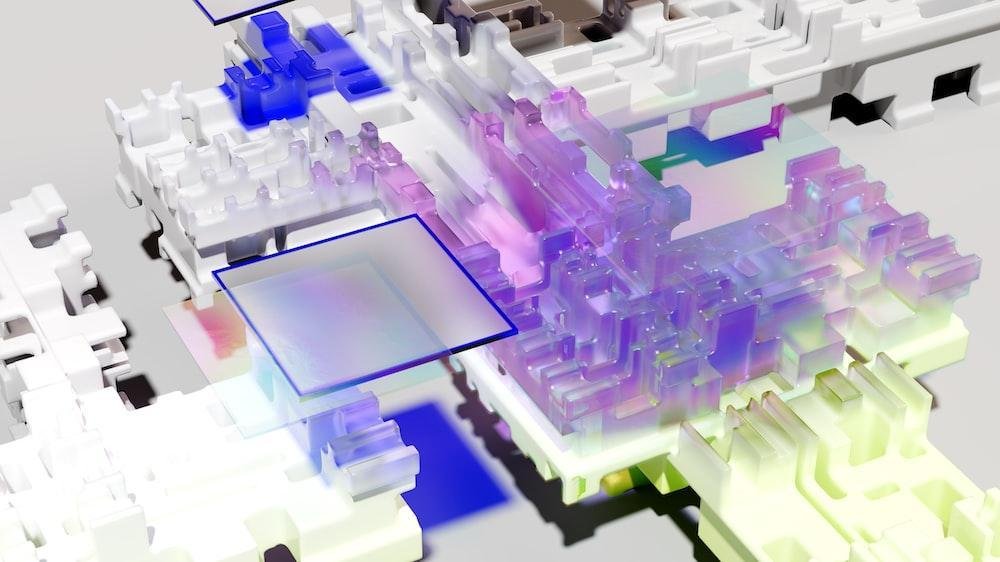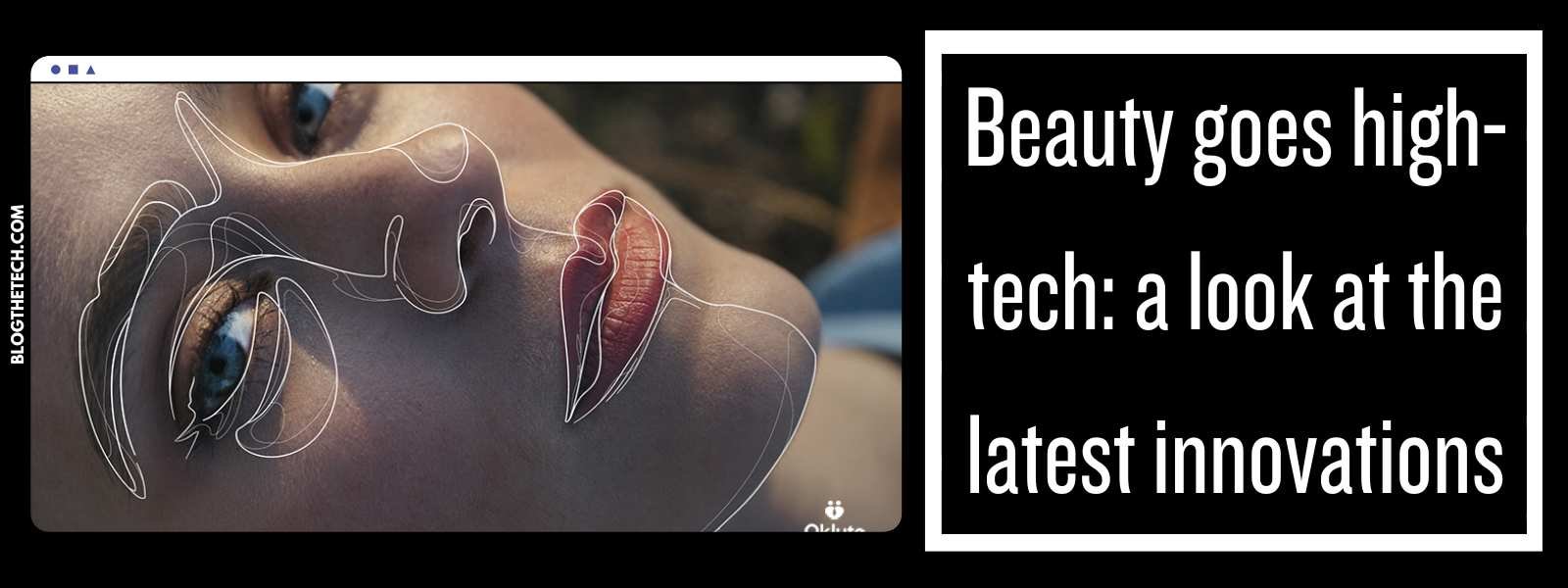Modern technologies are making astonishing advances in medical research possible. Innovative developments are redefining this field’s terrain, revolutionizing patient treatment, and opening unknown vistas for research with each passing day.
For example, precision medicine, genetic engineering, artificial intelligence, and virtual reality push the frontiers of the conceivable and help us solve the mysteries of the human body and mind.
Medical research is advancing at an unparalleled rate thanks to the technological revolution. It is paving the way for transformative healthcare practices once deemed unimaginable. The future of medicine is shaped by a paradigm shift brought about by technological advancement in medical research. This article explains the role of cutting-edge technology in advancing medical research.
Genomics and Precision Medicine

Gone are the days of generic treatment plans, as the dawn of precision medicine is transforming the healthcare landscape. This kind of medical therapy dispels the myth of one-size-fits-all remedies. Instead, it embraces an individual’s genetic makeup, lifestyle, and environment.
Modern technology is at the center of this transformation, revealing the mysteries of our DNA. Genome sequencing, advanced imaging techniques, and molecular diagnostics unveil the genetic markers underlying various diseases.
These innovations are empowering scientists to tailor treatments with unprecedented precision. From cancer therapies that target specific genetic mutations to personalized remedies for rare genetic disorders, precision medicine is reshaping the future of healthcare.
It promises improved patient outcomes and a new era of personalized care. These advancements have improved custom antibody production, resulting in a remarkable transformation of medicine as we know it.
Telemedicine and Remote Monitoring

Telemedicine and remote monitoring technologies eliminate the barriers between patients and their healthcare providers. Regardless of geographical limitations, these tools have transformed healthcare delivery.
They allow individuals in remote areas to access high-quality medical care easily. Through video consultations, remote patient monitoring, and wearable devices, patients can receive personalized healthcare without needing physical visits.
But the impact goes beyond convenience. These technologies have also become invaluable in medical research. They are revolutionizing data collection by providing real-time insights from diverse patient populations.
During the global COVID-19 pandemic, remote monitoring played a pivotal role in identifying and containing outbreaks, ensuring the safety and well-being of communities.
Robotics and Automation
We are in an era where machines and technology are redefining medical research. Robotic systems and automation have emerged as the heralds of a new era where precision, efficiency, and safety reign supreme. The impact is undeniable. In the operating room, robotic surgical systems have elevated the art of surgery, granting surgeons enhanced dexterity and unparalleled precision.
This has resulted in minimally invasive procedures that minimize patient trauma and hasten recovery. In the laboratory, robots shoulder the burden of repetitive tasks. They liberate researchers to focus on higher-level analysis and hypothesis testing.
Meanwhile, automated systems streamline workflows, reduce errors, and optimize resource allocation. They are fueling relentless momentum in medical research. Future technical advancements and human brilliance will combine, speeding up scientific research and ushering in a new era of great health care.
Artificial Intelligence and Machine Learning

Artificial intelligence (AI) and machine learning (ML) have become indispensable tools since they can process vast amounts of data. Harnessing the potential of AI and ML helps to delve into complex datasets with unprecedented clarity. This acceleration of the discovery process has far-reaching implications.
It results in early disease detection, precise diagnosis, an accurate prognosis, and treatment planning. Healthcare professionals use AI-powered algorithms that help make informed decisions, revolutionizing patient care.
Furthermore, ML algorithms sift through immense medical literature and research papers. It gives researchers current information and keeps them on the edge of scientific discoveries. AI and machine learning are shaping the future of medical research, driving innovation, and transforming how to understand and approach healthcare.
Nanotechnology and Drug Delivery
The field of nanotechnology is opening doors to extraordinary possibilities in drug delivery systems. Nanotechnology can manipulate matter at the molecular level, offering precision and control. Through nanoparticles, therapeutic agents can be delivered accurately, targeting specific cells or tissues and minimizing unwanted side effects.
This targeted and controlled drug release enhances their efficacy and improves patient compliance, reducing the need for frequent dosing. But the impact extends beyond drug delivery alone. Nanoscale devices can navigate the body, providing precise diagnostics and real-time monitoring. The marriage of nanotechnology and medicine holds the key to a future of tailored treatments and minimal side effects.
Regenerative Medicine and 3D Printing

Cutting-edge techniques in regenerative medicine are paving the way for extraordinary possibilities. They restore and replace damaged tissues and organs, helping in stem cell research and tissue engineering. This approach offers hope to patients who once faced limited treatment options.
Additionally, 3D printing and regenerative medicine have enabled a new era of individualized treatment. The ability to create patient-specific implants, prosthetics, and tissue scaffolds, accelerates progress in tailoring treatments to individual needs. The convergence of these remarkable advancements reduces diseases and restores the quality of life.
Bottom Line
In medical research, the realm of possibility knows no bounds, thanks to cutting-edge technology. The fabric of the healthcare landscape is being rewoven as scientists, researchers, and healthcare professionals wield these innovative tools and capabilities.
They push the boundaries, uncover new frontiers, and spark a revolution in patient care. With the help of this technological marvel, doctors can cure, prevent, and detect illnesses in their early stages in the future.
They normalize precision and elevate health outcomes to new heights, transforming lives and shaping a world where wellness and vitality thrive. This article has explored the remarkable impact of cutting-edge technology on the medical research landscape.





